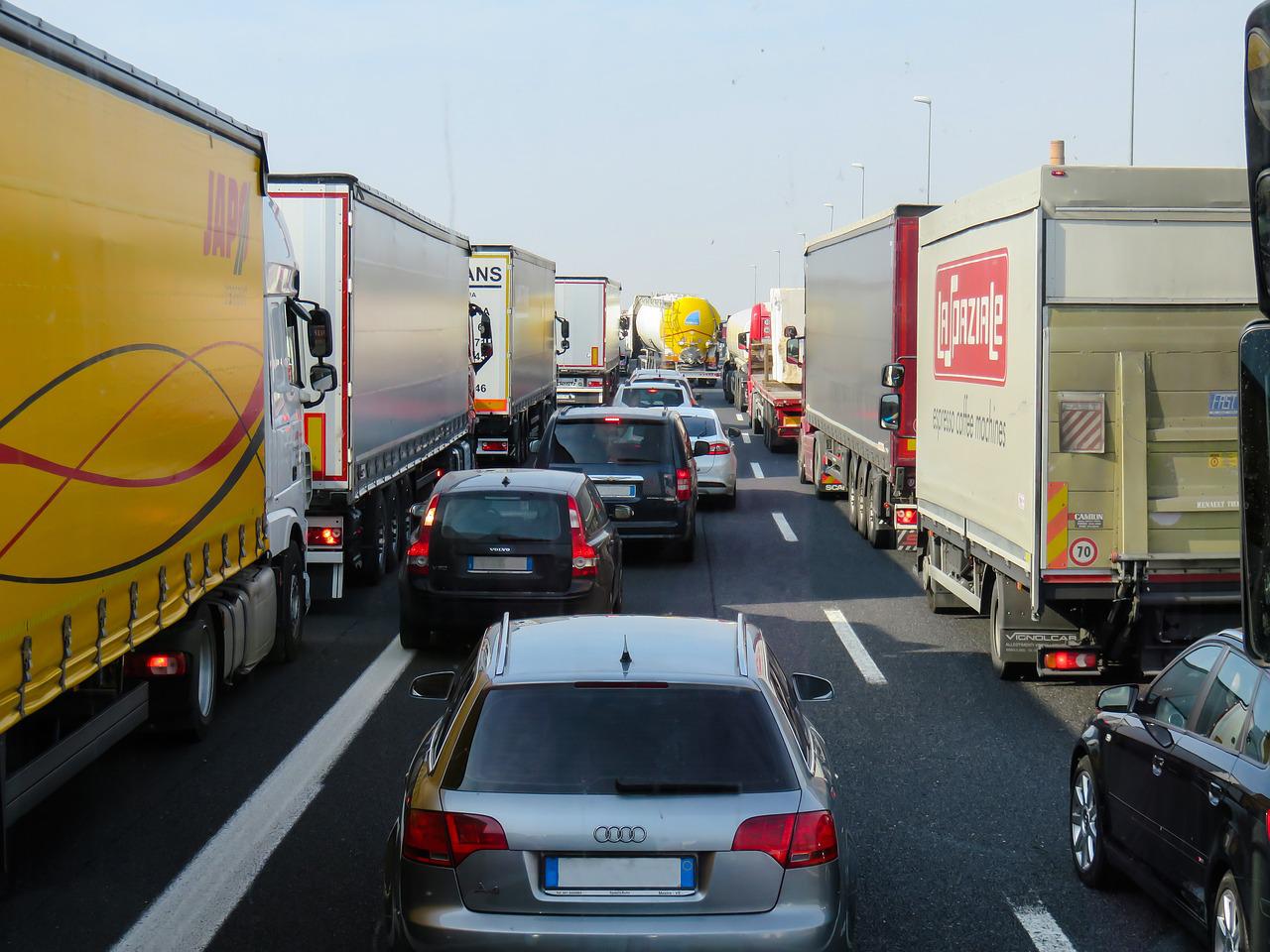
The port of Dover has just been the scene of an unprecedented situation of blockages for hundreds of British people wishing to reach the continent to spend their holidays there.
For three days this past weekend, from 22-24 July, it took several hours to get to the port and then across the border, leaving many holidaymakers feeling frustrated and angry. The blockage reached a critical point, leading to a diplomatic row between France and the UK, with both countries blaming each other. The British newspaper The Guardian described the situation as “chaos” and the Eurotunnel as a “hotspot of holiday hell.” Some travellers had to wait for 21 hours to reach the port. The British even accused the French of deliberately “ruining their holiday.”
As the battle for the presidency of the Conservative Party rages on in Britain, the two front-runners, Rishi Shunak and Liz Truss, have both pointed the finger at the French. For Shunak, the French “need to stop blaming Brexit and start providing staff.” Truss condemned the situation as “avoidable and unacceptable.”
There were clear failings on the French side. On Friday, July 22nd, 90 of the 200 police officers from the Police Aux Frontières (PAF) arrived on the scene an hour late. As a result, only 4 out of 9 checkpoints were adequately staffed, leading to a chain of delays in processing travellers.
But seen from Calais and Paris, the responsibility rests on British shoulders. The shortage of personnel is not enough to explain the famous “chaos.” For Minister of Transport Clément Beaune, the fault lies with Brexit, as he summed it up on Twitter in a lapidary formula: “France is not responsible for Brexit.”
Les autorités françaises sont mobilisées pour contrôler nos frontières et faciliter le trafic autant que possible. J’ai échangé à ce sujet de manière constructive avec mon homologue @grantshapps 🇫🇷🇬🇧
— Clement Beaune (@CBeaune) July 23, 2022
Mais la France n’est pas responsable du #Brexit. pic.twitter.com/6FIBZ7RnKG
Indeed, since the UK’s exit from the European Union, it is no longer enough to show an identity card to cross the border. Every traveller’s passport must be stamped, which takes more time. The infrastructure and staff have not been adapted to this new situation. According to RFI, the port of Dover had requested £33 million to modernise the port and adapt to the new requirements of Brexit. But it would have received only £33,000 in December 2020, or only 0.1% of the sum requested.
Gradually, traffic jams were partially cleared between Sunday and Monday. In the UK, traffic restrictions were applied to lorries so as not to hinder holidaymakers’ movements. But the situation is not fully back to normal. Toby Howe, the Senior Highways Manager at Kent County Council, who is responsible for the area, fears that the same phenomenon will occur again over the coming weekends, particularly if the lorry reception facilities are not adapted. John Keefe, the Director of Public Affairs for Getlink, who operates the Eurotunnel, calls for digitised passport checks in order to speed up border control. However, he remains pessimistic about the future: “people will have to live with that, that is now part of travelling to Europe,” he told the BBC.
